Not every garden remedy is a hero. Some of them? Total duds. Sprinkle cinnamon, spray garlic, chant to the moon—it might smell fierce, but the aphids just laugh. There’s a whole graveyard of “natural fixes” that sound smart but flop hard in real gardens. But some plants don’t mess around. They repel, defend, and guard your greens like leafy little warriors. This is where the real power lives. No gimmicks. No wishful thinking. Just 11 dependable plants that make pests pack their bags— and 5 natural tricks that simply waste your time (and test your patience).
Garlic Spray
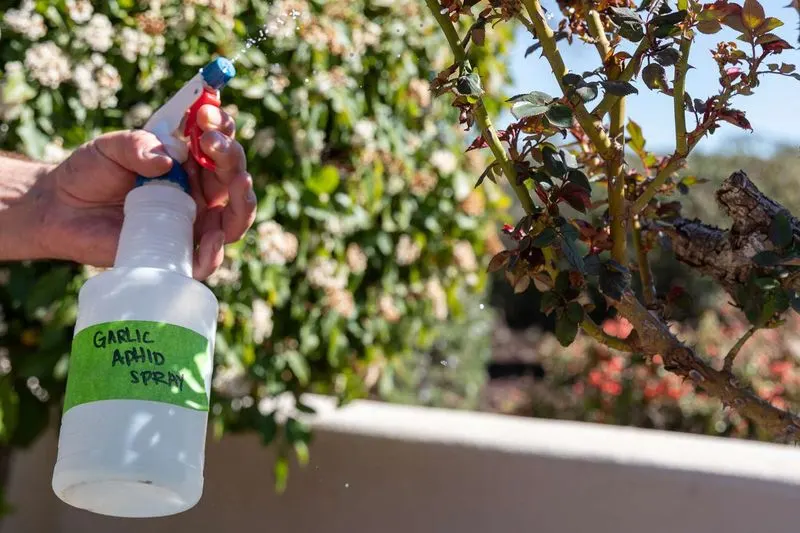
Garlic spray, touted as a natural pest deterrent, often leaves gardeners frustrated. Its pungent aroma might repel a vampire, but many garden insects remain unfazed. After weeks of diligent spraying, pests like aphids and caterpillars continue their feast. The promise of safety and effectiveness is alluring, but results often fall short. Despite stories praising its power, garlic spray frequently disappoints. Even when mixed with soap, its impact is minimal. One might question, does garlic truly work? Sadly, in many cases, pests continue undeterred. For those seeking true results, other methods should be considered. Garlic’s failure is a common gardener’s tale.
Coffee Grounds
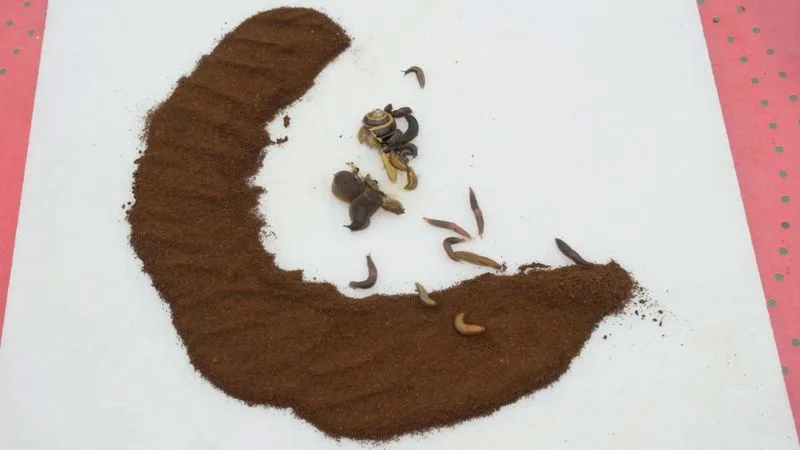
Coffee grounds are popular for their supposed pest-repelling properties. Yet, the snails and slugs seem to enjoy their caffeine fix rather than retreat. Gardeners sprinkle them generously, hoping to thwart these slippery foes. The rich scent of morning brew fills the air, but the pests remain. Is it the allure of the grounds or simply their ineffectiveness? Either way, gardens are left unprotected. Many swear by this method, but reality often paints a different picture. Without evident results, reliance on coffee grounds might need reconsideration. Those slimy visitors prove resilient, leaving gardeners to seek alternatives.
Essential Oils

Essential oils, like peppermint or lavender, promise to send pests packing. In reality, these aromatic warriors often lack the punch needed. While their scent is pleasant, pests seem to take little notice. The idea is appealing: a fragrant garden free of chemicals. However, the bugs disagree, continuing their intrusion unfazed. Though some may see minor success, many find essential oils less effective than hoped. Does the lavender lull them to sleep rather than repel? Perhaps. For many, these oils remain a complementary tool, not a standalone solution. True pest control requires a more robust approach.
Banana Peels
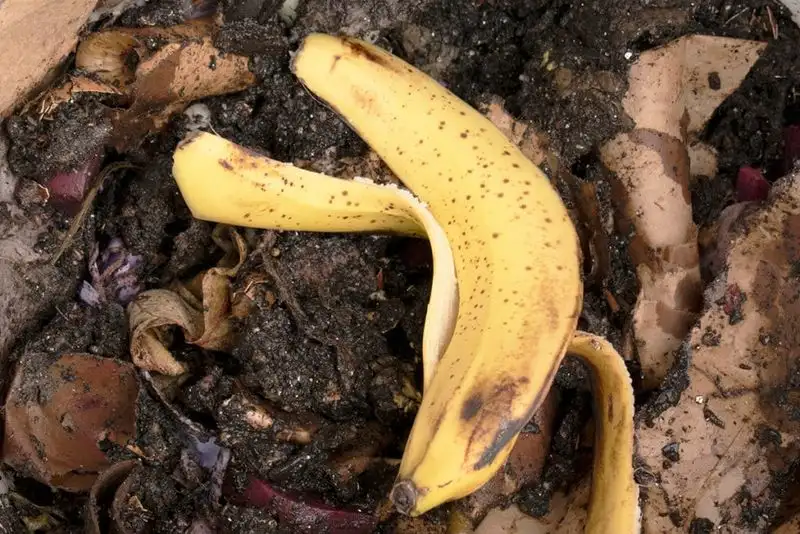
Banana peels, touted as a natural pesticide, often disappoint avid gardeners. Their promise is sweet, yet the results are often sour. Many place them strategically, expecting warded-off pests. Yet, aphids and beetles ignore their presence. Enthusiasts speak of nutrient benefits, but deterrent effects are lacking. The peels decompose, enriching the soil, but pests remain. This method, rooted in hope, often ends in frustration. Gardeners find themselves battling the same foes despite their efforts. While banana peels may enrich soil, their pest control prowess is overstated. For genuine protection, more effective strategies are needed.
Aluminum Foil
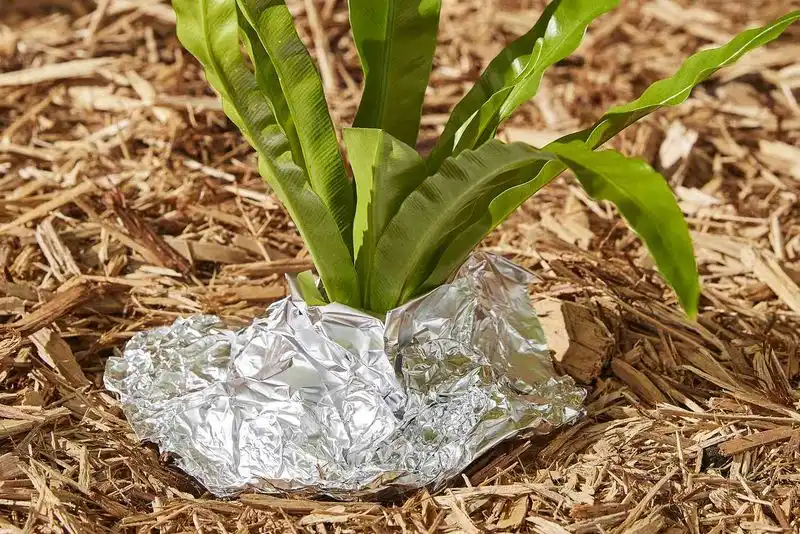
Aluminum foil, often wrapped around plants, promises to disorient insects. The shiny surface should confuse and deter, yet many pests remain comfortable. Gardeners lay it carefully, hoping for a reflective barrier. Unfortunately, reality often betrays expectations. The foil crinkles underfoot, but bugs march on undeterred. While shiny, its pest-repelling credentials are dubious at best. Enthusiasts tout its effectiveness, yet evidence frequently contradicts. Insects continue their feast, leaving leaves tattered. For those seeking real solutions, aluminum foil might be more myth than miracle. A gardener’s hope often meets disappointment with this shimmering defense.
Basil
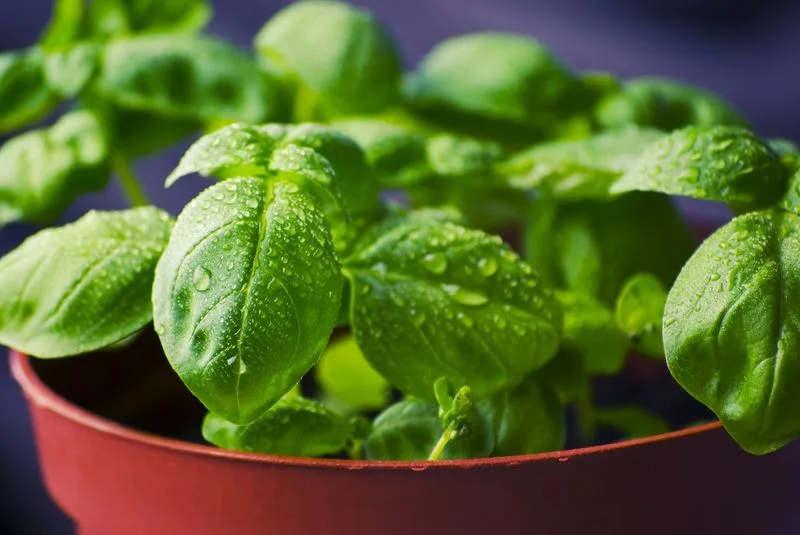
Basil is a beloved herb with a talent for pest control. Its aromatic leaves repel mosquitoes and flies, making it a garden favorite. This versatile plant not only enhances culinary dishes but also provides a natural shield against unwanted visitors. Planted among vegetables, basil offers protection and flavor. Unlike many remedies that fall short, basil stands strong, waving its fragrant leaves with pride. Gardeners find its dual purpose appealing: a tasty herb and a pest repellent. With minimal effort, basil proves its worth in the garden, a true ally in the fight against pests.
Lavender
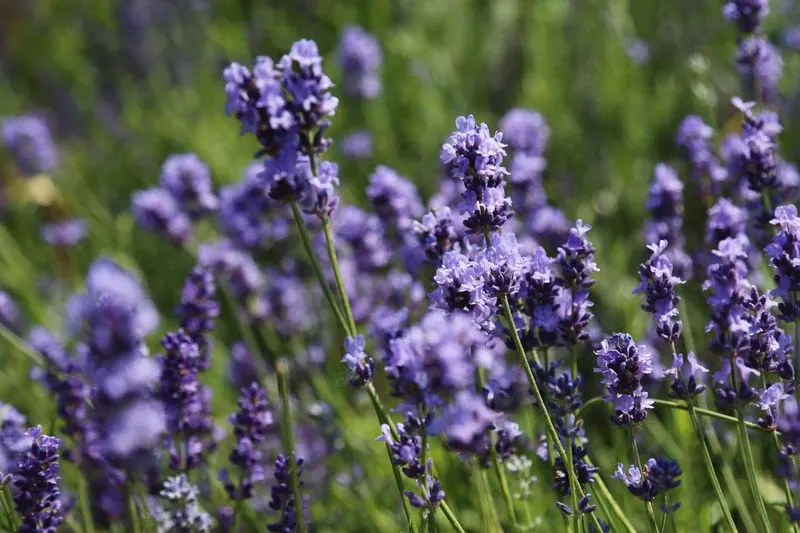
Lavender, with its soothing fragrance, is a powerhouse in pest control. While calming to humans, its scent deters mosquitoes, fleas, and moths. Planted along garden borders, it acts as a fragrant shield, keeping pests at bay. Beyond its pest-repellent qualities, lavender offers beauty and serenity. Gardeners embrace its dual role, adding color and protection. Unlike some natural remedies, lavender delivers on its promise. Its presence is a visual and aromatic delight, ensuring a peaceful garden environment. With lavender, harmony and protection coexist, a testament to nature’s clever design.
Mint
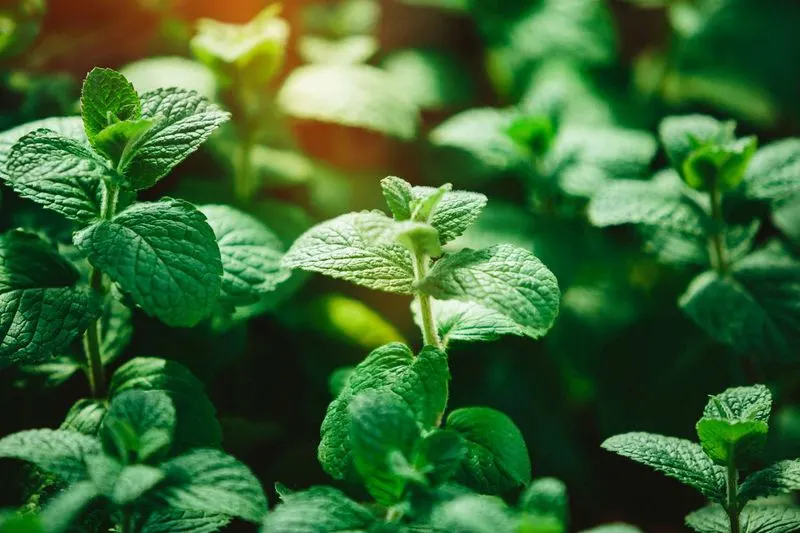
Mint, known for its refreshing aroma, is also a mighty pest deterrent. Its scent repels ants, spiders, and mosquitoes, making it invaluable in gardens. Whether planted in pots or garden beds, mint’s versatility shines. Its rapid growth and fragrant leaves contribute to its charm. Gardeners appreciate its ease of cultivation and effectiveness. Unlike less reliable methods, mint consistently proves its worth. The cool, invigorating scent is a natural pest shield, offering peace of mind. For those seeking a simple yet powerful solution, mint stands out as a trusted ally in pest control.
Rosemary
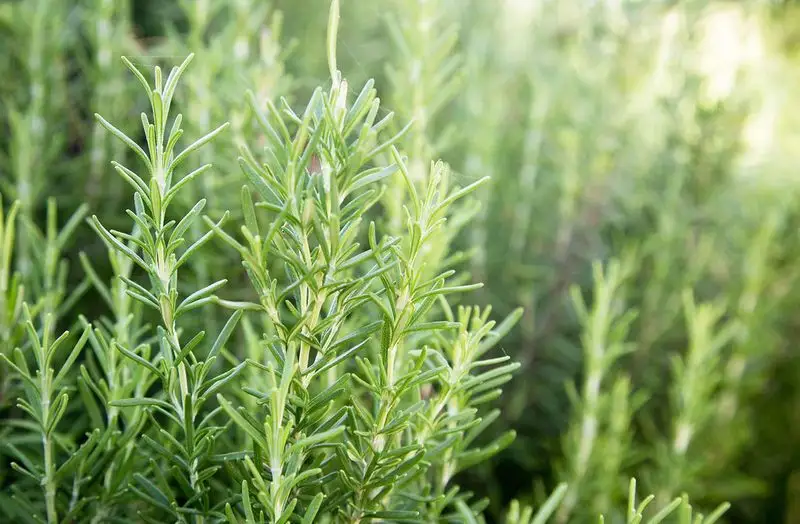
Rosemary, a staple in Mediterranean cuisine, doubles as a pest repellent. Its pungent aroma wards off mosquitoes, fleas, and cabbage moths. Planted near vegetable gardens, rosemary offers protection and culinary delight. Unlike some natural fixes, rosemary maintains its reputation for effectiveness. Its evergreen leaves provide beauty and utility year-round. Gardeners value its resilience and dual purpose. With rosemary, a garden remains vibrant and protected, combining form and function. The herb stands as a testament to nature’s ability to balance aesthetics with practicality, ensuring a harmonious outdoor space.
Marigolds
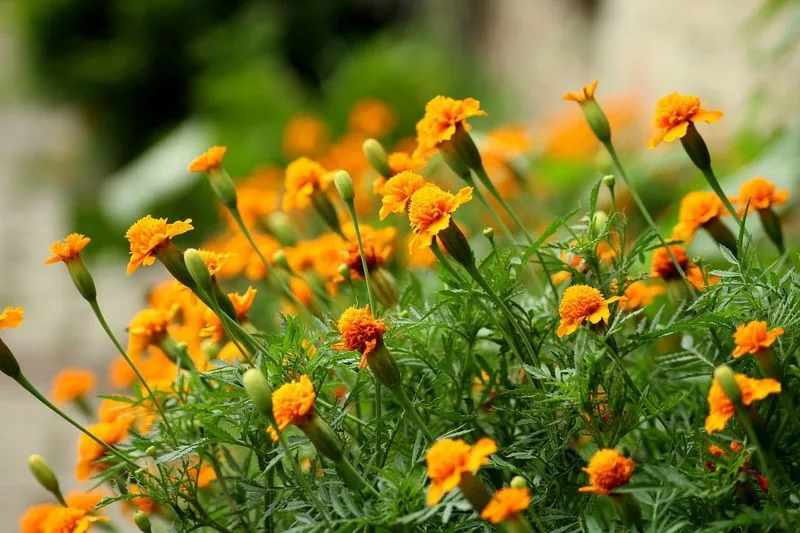
Marigolds are not just pretty faces; they are warriors in the garden. Their bright blooms repel nematodes and other pests, offering natural protection. Planted among vegetables, marigolds add color and defense. Unlike some natural attempts, marigolds deliver reliable results. Their presence is a visual treat and a pest deterrent. Gardeners embrace marigolds for both their beauty and efficacy. With marigolds, a garden gains a vibrant shield, combining aesthetics with functionality. This cheerful flower truly earns its place in pest control, proving that beauty and utility can coexist harmoniously in nature’s realm.
Catnip
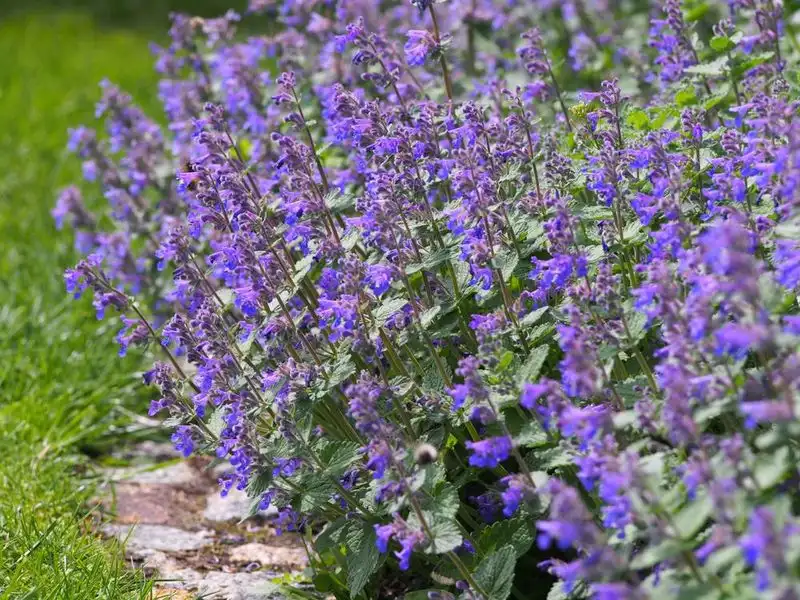
Catnip, beloved by felines, also serves as an effective pest repellent. Its aroma deters mosquitoes, cockroaches, and even termites. Planted in gardens, it provides a playful environment for cats while protecting against pests. Catnip’s dual role adds charm and utility to any outdoor space. Unlike some natural solutions, catnip’s effectiveness is well-documented. Gardeners enjoy its benefits both for their pets and pest control. With catnip, one achieves a delightful balance of fun and functionality. This plant exemplifies nature’s clever solutions, ensuring both a playful and pest-free garden.
Lemongrass
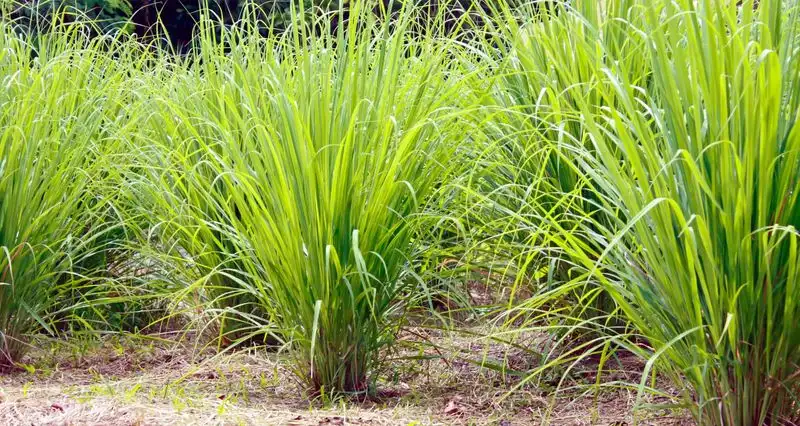
Lemongrass is renowned for its zesty aroma and pest-repelling abilities. Its scent keeps mosquitoes and other insects at bay, making it a prized plant. In tropical gardens, lemongrass grows vigorously, offering both beauty and protection. Unlike some remedies that promise much but deliver little, lemongrass proves reliable. Gardeners value its robust nature and effectiveness. With lemongrass, one achieves a fragrant barrier against pests. This plant embodies nature’s ingenuity, combining aesthetics with practicality. As a natural repellant, lemongrass stands tall, ensuring gardens remain both vibrant and safe.
Petunias
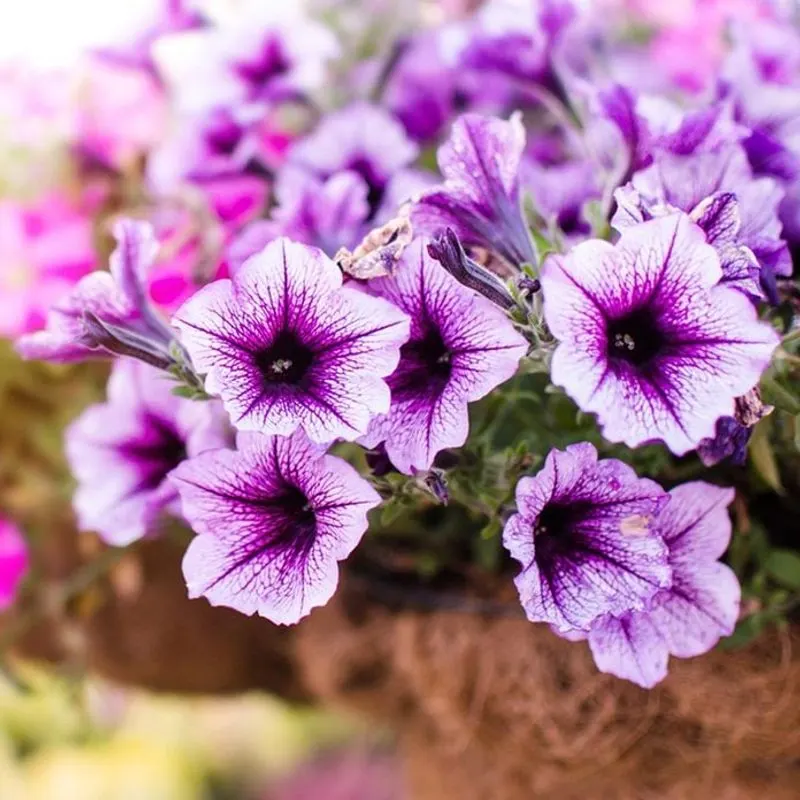
Petunias, with their cascading blooms, are more than ornamental. They repel aphids, tomato hornworms, and other pests, safeguarding garden plants. Their vibrant colors add flair and functionality to any landscape. Planted alongside vegetables, petunias offer a lovely yet practical solution. Unlike some natural fixes, petunias consistently perform well. Gardeners appreciate their beauty and effectiveness. With petunias, the garden enjoys a splash of color and protection. These flowers represent the best of both worlds, showcasing nature’s ability to blend aesthetics and utility seamlessly. A garden prospers with petunias in play.
Thyme
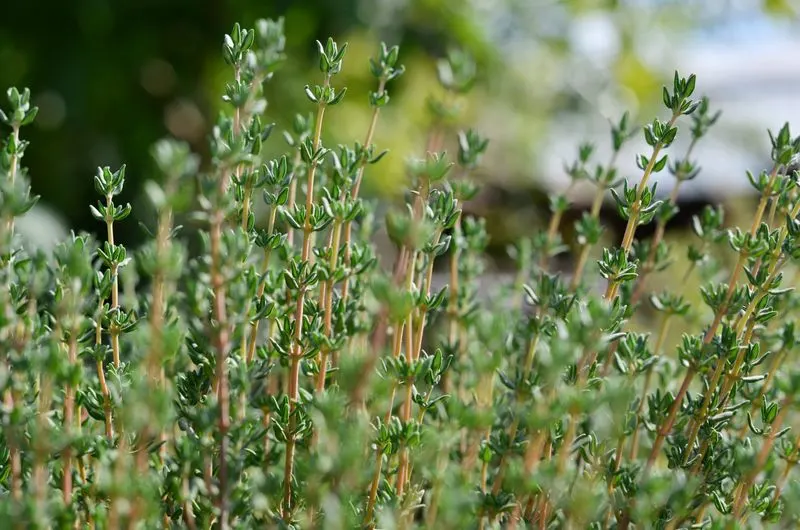
Thyme, a classic culinary herb, also excels in pest control. Its scent repels cabbage worms, whiteflies, and other unwanted insects. Planted in gardens, thyme offers both flavor and protection. Unlike some natural remedies, thyme remains consistent in its effectiveness. Gardeners value its dual purpose and low maintenance. With thyme, the garden thrives with vigor and resilience. This herb exemplifies nature’s dual offerings, combining taste with defense. For those seeking an efficient and pleasant solution, thyme stands as a reliable ally. A harmonious garden is possible with thyme’s aromatic presence.
Chrysanthemums
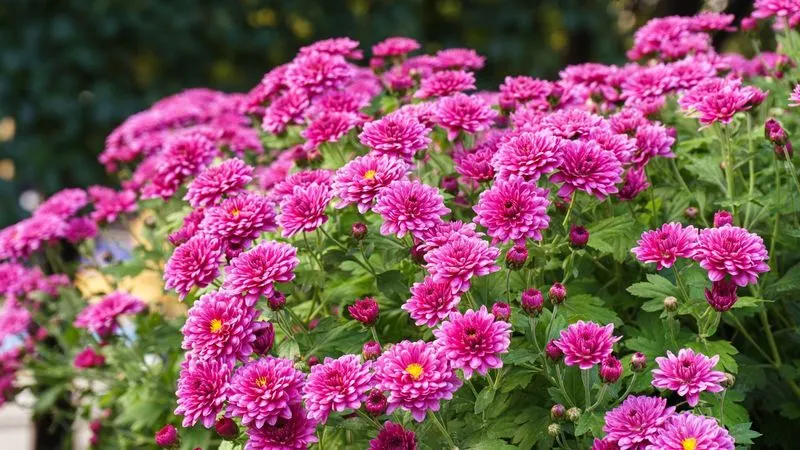
Chrysanthemums, with their vibrant blooms, offer more than beauty. They contain pyrethrum, a natural insecticide that deters a range of pests. Planted around gardens, chrysanthemums provide a colorful and protective barrier. Unlike some remedies that disappoint, chrysanthemums consistently deliver. Their presence brightens the landscape while warding off unwanted visitors. Gardeners embrace chrysanthemums for their dual role, ensuring both aesthetics and practicality. With chrysanthemums, pest control meets artistry. These flowers highlight nature’s resourcefulness, promising a garden that is both stunning and secure.
Fennel Charm
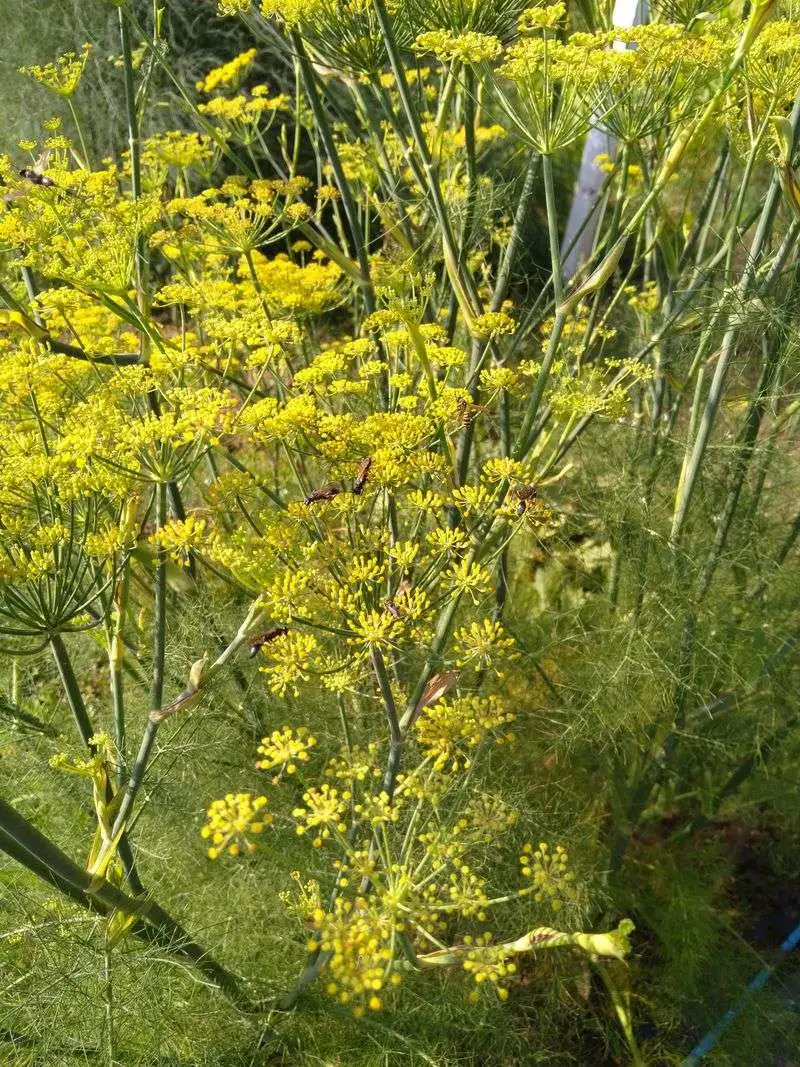
Fennel, with its feathery foliage and aromatic seeds, is not only a culinary delight but also a pest-deterring hero. Its subtle scent acts as a natural deterrent for slugs and aphids, making it a great ally in organic gardens. Imagine stepping into a garden where fennel’s delicate leaves dance with the breeze, keeping unwanted guests at bay. Historically rooted in the Mediterranean, fennel has been celebrated for its versatility. Intriguingly, this plant not only flavors dishes but also protects them, combining utility with beauty.

